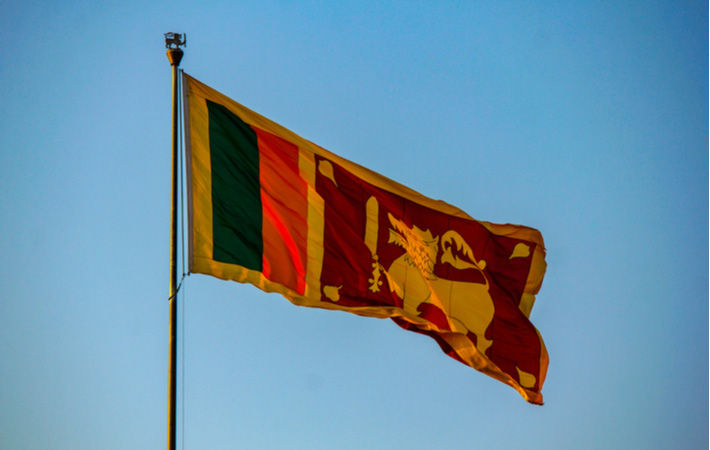
On March 17, India extended a $1-billion credit facility to Sri Lanka.
Currency reserves have slumped by 70 per cent in the last two years to $2.31 billion. And the country has to repay about $4 billion in debt in the rest of this year, including a $1-billion international sovereign bond that matures in July.
The country's high dependence on imports for its essential items is also being blamed for the crisis as it relies almost entirely on imports for its daily essentials like sugar, pulses, cereals and pharmaceuticals.
Most populated areas, like Colombo city, are facing fuel and gas shortages, according to media reports from the country.
The year-on-year food inflation rose to 24.7 per cent in February from 24.4 per cent in January, and non-food inflation increased to 11 per cent in February from 10.2 per cent in the previous month. Inflation in January was 16.8 per cent.
In response to complaints of stockpiling and inefficient distribution, soldiers are now manning hundreds of state-run fuel stations to help distribute fuel. Three elderly people reportedly dropped dead during their wait in long queues at fuel pumps and kerosene supply stations.
Sporadic violence among those scrambling to buy fuel and other essentials has been reported from several parts of the country due to tension over the scarcity of supplies.
Ahead of IMF talks in Washington in April, the government said it would hire a global law firm to provide technical assistance on debt restructuring to fight the crisis.
People have shifted to using kerosene due to shortage in cooking gas.
The country's tourism sector, the primary source of foreign exchange, was badly hit during the COVID-19 pandemic. Rash borrowing from China to finance infrastructure projects led to spiraling debts.
Fibre2Fashion News Desk (DS)